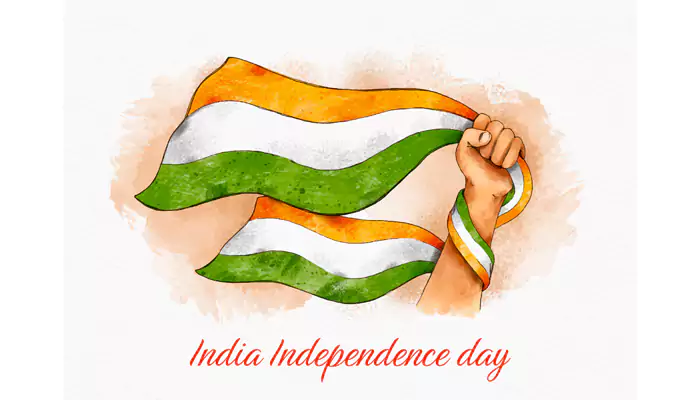
When Bollywood turned the lens inward and told us that true patriotism is a matter of conscience, not noise
In India, patriotism has long found a home in cinema. But in recent years, it has moved beyond loud slogans and battlefield bravado. As Independence Day 2025 arrives, it’s time to celebrate films that whispered patriotism rather than shouted it. These stories explore love for the country through conscience, sacrifice, identity, and quiet rebellion. They don’t glorify war—they humanise it. They don’t paint enemies—they challenge systems. And most importantly, they ask tough questions.

Released nearly two decades ago, Rang De Basanti remains painfully relevant. It didn’t offer easy solutions. Instead, it posed an unsettling question—what would Bhagat Singh do if he were alive today? By blending history with modern-day protest, the film sparked introspection among an entire generation. It turned apathy into activism. Not with lectures, but with the raw grief of young lives lost too soon—and too pointlessly.
There is a quiet kind of love for the country—the kind that builds, not burns. Swades brought that love to life. A NASA scientist returns to a village in India and finds purpose, not in rockets, but in running water. Shah Rukh Khan’s Mohan Bhargava didn’t fight with weapons. He fought poverty, ignorance, and inertia. In doing so, he redefined what it means to serve the nation: to uplift, not dominate.
Unlike most historical dramas, Sardar Udham resists the urge to rush. It takes its time, lingering in silence, letting pain settle. It tells the story of a man haunted by the Jallianwala Bagh massacre. The violence in the film is not just physical- it is also emotional, psychological, and historical. Through its stillness, Sardar Udham forces us to confront the horrors of colonialism without romanticising vengeance. His patriotism was not performative—it was persistent.

Patriotism sometimes demands impossible choices. Raazi tells the story of a young woman sent to spy in a hostile land. She marries a stranger. She betrays people who come to love her. And yet, she doesn’t celebrate her success—she mourns it. Alia Bhatt’s Sehmat serves her country, but loses parts of herself in the process. Raazi shows us that duty isn’t always glorious. Sometimes, it’s just heartbreaking.

Not all heroes carry guns. Some carry hockey sticks. Chak De! India tells the story of a disgraced coach who rebuilds a broken women’s team into world champions. It’s about discipline, dignity, and the silent power of redemption. But more than that, it’s about inclusion. Muslim, Sikh, Christian, tribal—these players weren’t symbols. They were citizens. Their triumph wasn’t just over opponents—it was over prejudice.
In Shershaah, we meet Vikram Batra—not the war hero on posters, but the man behind the smile. The film doesn’t glorify war. It shows its cost. The fear, the doubt, the heartbreak. Batra’s bravery wasn’t just in battle—it was in choosing to return to it, knowing he might not come back. That’s what makes Shershaah special. It doesn’t shout “Bharat Mata ki Jai.” It whispers, “I’m ready to go.”
Films like Baby and Madras Cafe shine a light on those who serve the nation without medals or public praise. In Baby, the fight against terror is clinical and quiet—patriotism becomes strategy, not spectacle. Madras Cafe delves into the shadows of geopolitics, revealing how intelligence officers navigate moral tightropes for the greater good. These are not grandstanding heroes—they are flawed, focused, and fiercely committed. And sometimes, their biggest battles are the ones they fight within.
What binds these films is their refusal to paint patriotism in just one colour. They explore it in grey areas. They allow characters to be conflicted, to make mistakes, to grow. They don’t treat love for country as something to prove, but something to live. That’s why they resonate. Because in a time of noise, they chose depth.